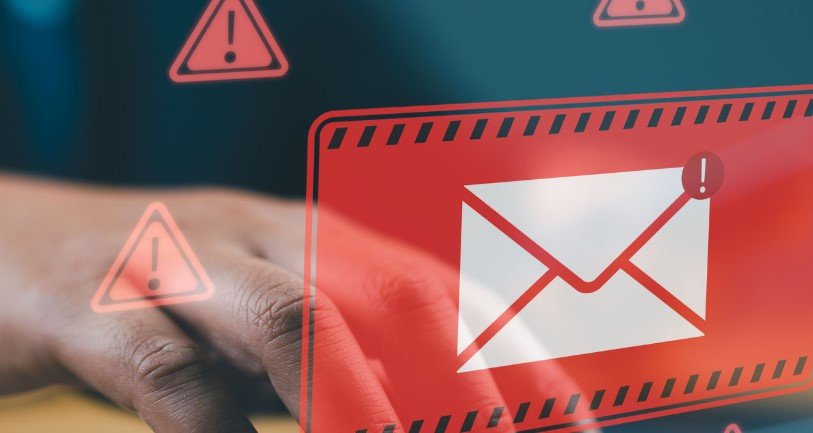The story plays out all too often. A fraudster connects with someone online, gaining their trust with small wins. Then comes the pitch: cash out retirement funds, invest bigger, and roll it back into an IRA within 60 days — no taxes. But that’s a lie. The scammer disappears, leaving victims staring down steep tax penalties. The IRS quickly gets involved, sending out Form 1099-R to report the distribution. The investor is suddenly in hot water, facing taxes on what should have been a rollover. The question is: can the IRS cut some slack here?
How Internet Fraud Turns Retirement Dreams Into Tax Nightmares
Retirement accounts like IRAs and 401(k)s are supposed to be safe havens, growing quietly until you need them. But scammers don’t care. They know about the 60-day rollover rule, which lets investors move money from one retirement account to another without tax penalty, as long as it’s done on time. That window is tight. Miss it, and the withdrawal counts as taxable income, plus possible penalties.
Here’s the catch: if someone steals your funds and you can’t replace them within 60 days, the IRS sees it as a distribution — even though it’s really theft. Victims often find themselves stuck with a nasty tax bill and no way out.
In some cases, the IRS allows taxpayers to claim a theft loss deduction, which can reduce the taxable income from the stolen retirement funds. But that’s not always enough to fully fix the mess. Taxpayers need to tread carefully and understand their options.

What Exactly Are Private Letter Rulings and Why Do They Matter?
PLRs are basically official letters from the IRS responding to specific taxpayer questions. Think of them as personalized advice, based on the facts you present. They’re not laws or regulations, but IRS agents take them seriously.
People who miss the 60-day rollover deadline due to internet fraud can ask the IRS for a PLR to explain their situation. The idea: show that the missed rollover wasn’t due to carelessness but a crime beyond their control.
This route isn’t quick or cheap — there’s a fee and the process can take months. But for many, it’s a vital lifeline to avoid double taxation on funds already lost to fraud.
-
A PLR can allow the IRS to waive the 60-day rollover rule if fraud prevented timely replacement of the funds.
-
It’s a tailored solution; the IRS reviews each case individually.
-
The ruling only applies to the taxpayer who requested it.
Still, not everyone knows about this option, and it’s not guaranteed. The IRS won’t grant a PLR lightly.
Real-World Impact: What Taxpayers Need to Know About Acting Fast
Timing is everything here. The 60-day window is a real beast. Missing it usually triggers automatic tax consequences. That’s why victims of internet fraud must act quickly — not just to report the crime but to start gathering evidence for a PLR request.
Gathering proof of the fraud is crucial. This can include:
-
Police reports.
-
Communications with the fraudster.
-
Bank and retirement account statements.
Without strong evidence, the IRS won’t be sympathetic.
Here’s a quick look at key deadlines and actions:
| Action | Deadline | Notes |
|---|---|---|
| Complete rollover | Within 60 days | To avoid taxes on the distribution |
| File theft loss claim | By tax filing date | Usually by April 15 of the following year |
| Request a PLR | As soon as possible | Process can take several months or longer |
Victims should consider working with a tax professional familiar with these issues. It’s complicated, and mistakes can be costly.
Looking Ahead: Why Awareness and Caution Matter More Than Ever
Internet fraud won’t slow down anytime soon. With scammers getting craftier, protecting retirement savings requires vigilance. The IRS’s willingness to consider PLRs in missed rollover cases offers hope, but it’s not a silver bullet.
-
Stay cautious about investment offers online, especially those urging quick withdrawals.
-
Know your rollover deadlines and rules.
-
Report fraud immediately.
The bottom line: Losing retirement money to fraud stings enough without piling on tax penalties. Knowing your options, like PLRs, might save you from paying twice for someone else’s scam.







